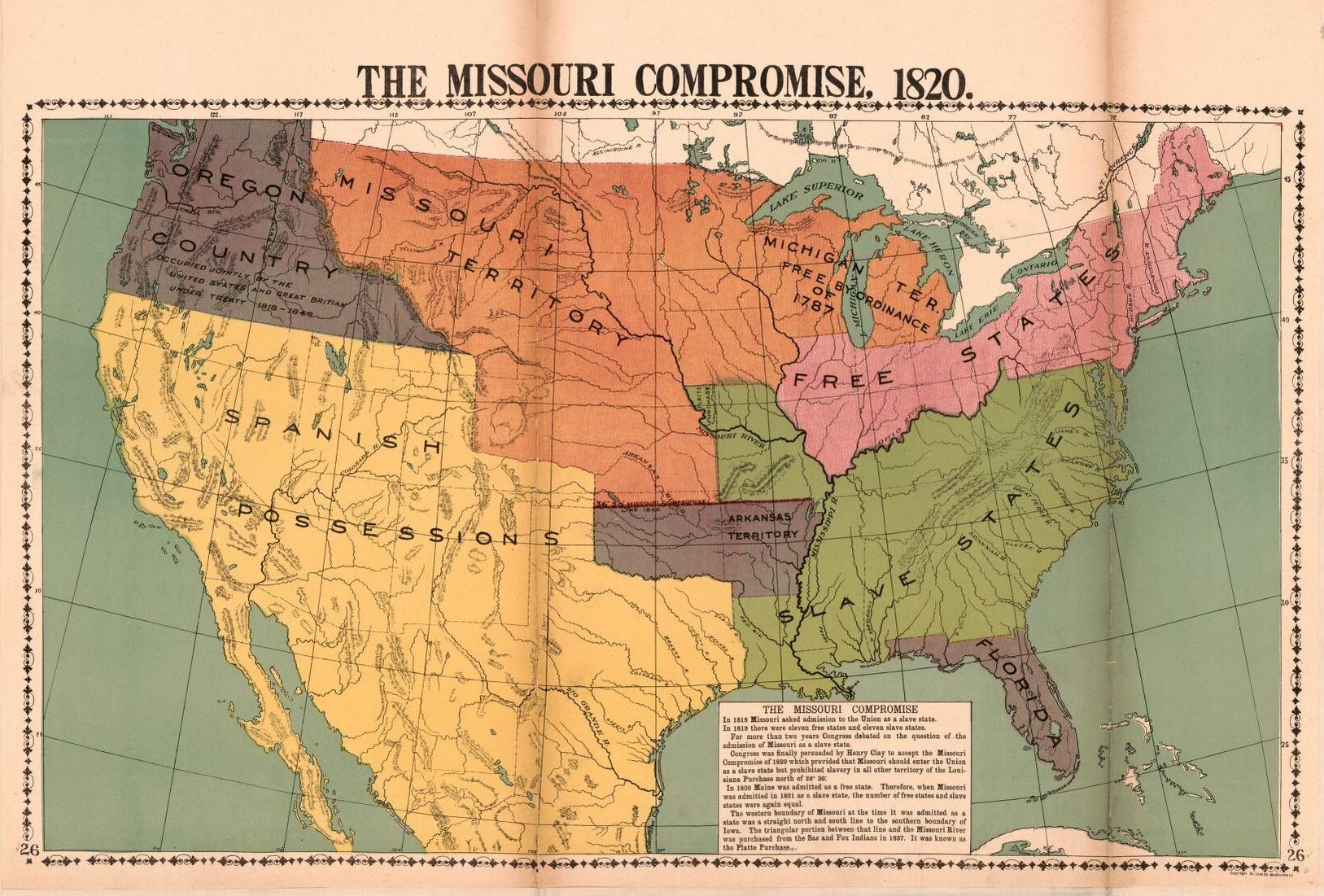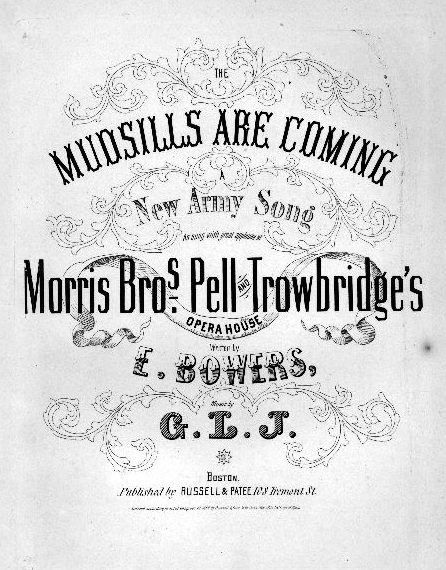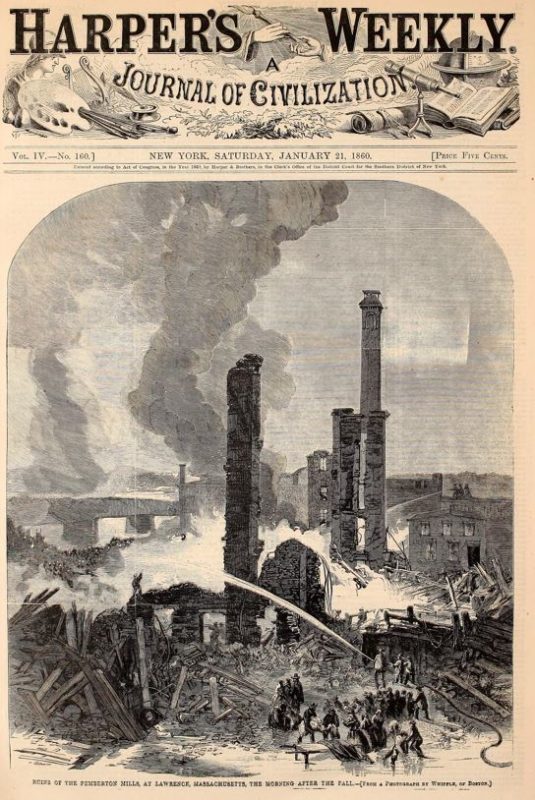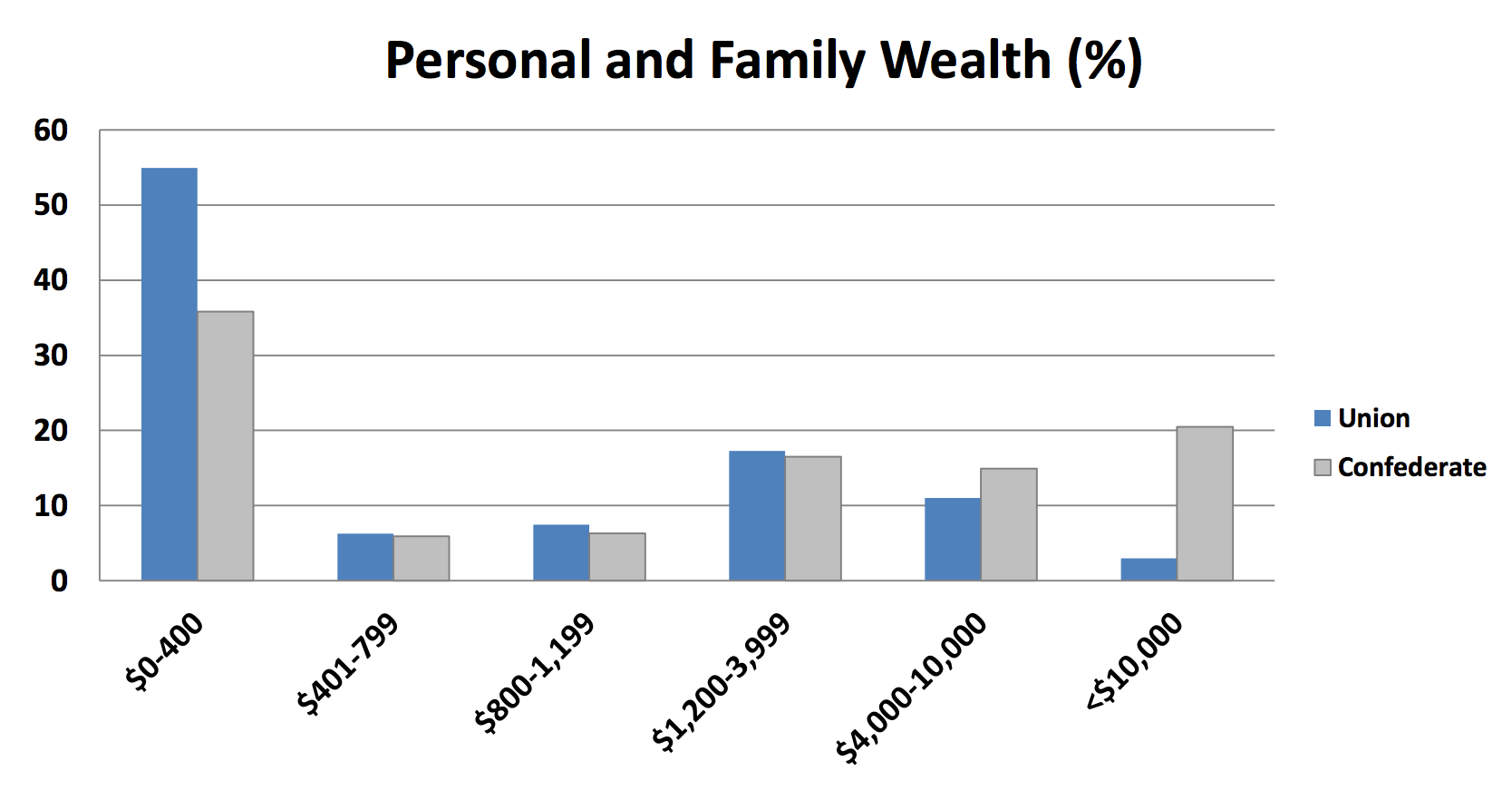
Missouri Compromised: Anti-Slavery Protest During the Missouri Statehood Debate
In his book On Compromise and Rotten Compromises, the philosopher Avishai Margalit argues that "we should be judged by our compromises more than by our ideals and norms. Ideals may tell us something important about what we would like to be. But compromises tell us who we are."[1] The essence ...
Read More
Read More

Mudsills vs. Chivalry
Writing home from Alabama in November 1863, an Ohio cavalryman celebrated the overthrow of the Southern aristocracy: “The mud sills of the North roam at will over the plantations, burn rails, forage on the country, and the negroes flock into our camps, leaving their lordly masters helpless and dependent,” he ...
Read More
Read More

The Other Lawrence Massacre: Sectional Politics and the 1860 Pemberton Mill Disaster
Political polarization often magnifies the public significance of a tragedy. As Americans prepared for a bitterly contested presidential election in early 1860, a gruesome industrial accident in Lawrence, Massachusetts, reignited conflict between champions and critics of wage labor. Unlike the violent episodes of 1856 and 1863 in Lawrence, Kansas, the ...
Read More
Read More
Looking West at the OAH: New Views on Southern Expansion, Slavery, and Imperialism
This week, we are publishing reports on the recent meeting of the Organization of American Historians (OAH) in Sacramento. We are highlighting panels and roundtables that intersect with the Civil War era and that we believe will be of great interest to our readers. Our first comes from Kathleen Logothetis ...
Read More
Read More

Teaching with Statistics: A Case Study
My great friend Kevin Lambert at California State University, Fullerton says, “Nothing is more humanistic than numbers.” They bring order and precision to our lives, offer definitive and powerful evidence for us, and determine outcomes and decisions on the most difficult and emotionally wrenching issues. Although the work of historians ...
Read More
Read More
